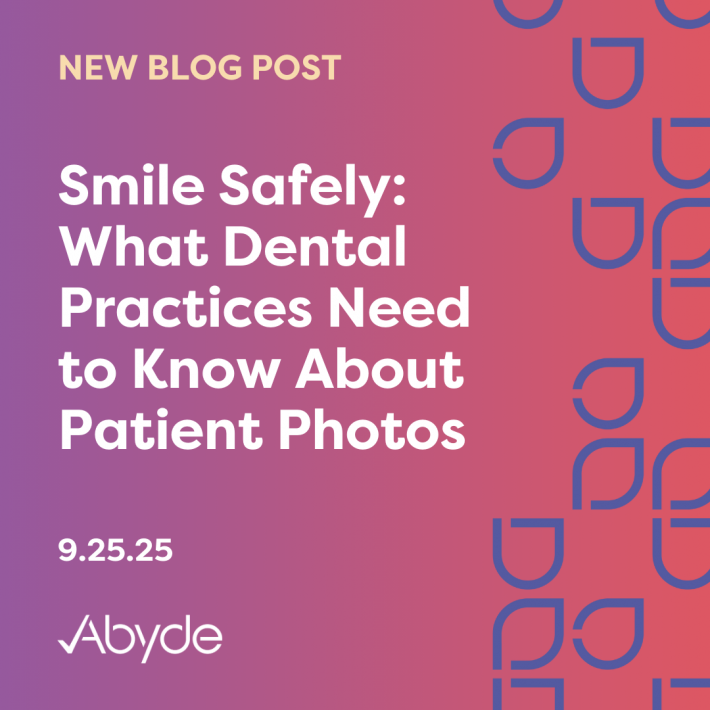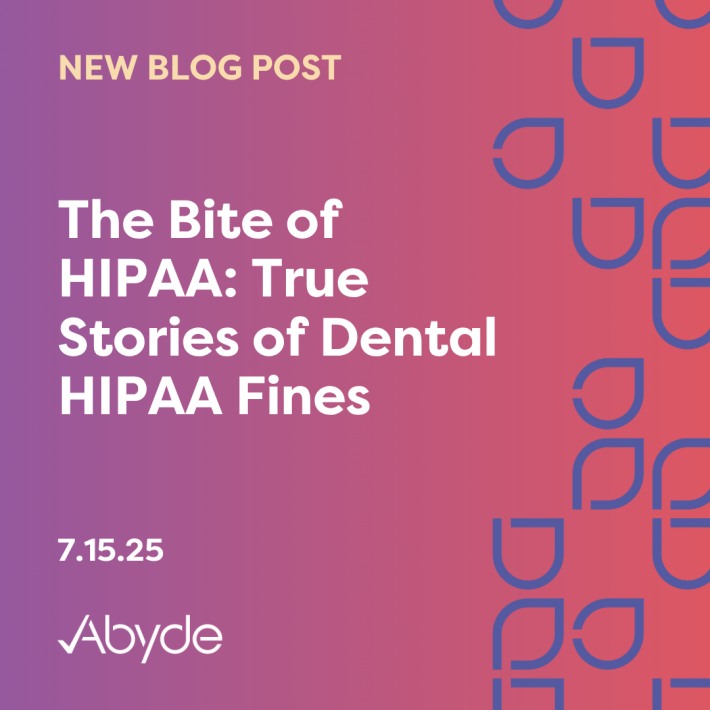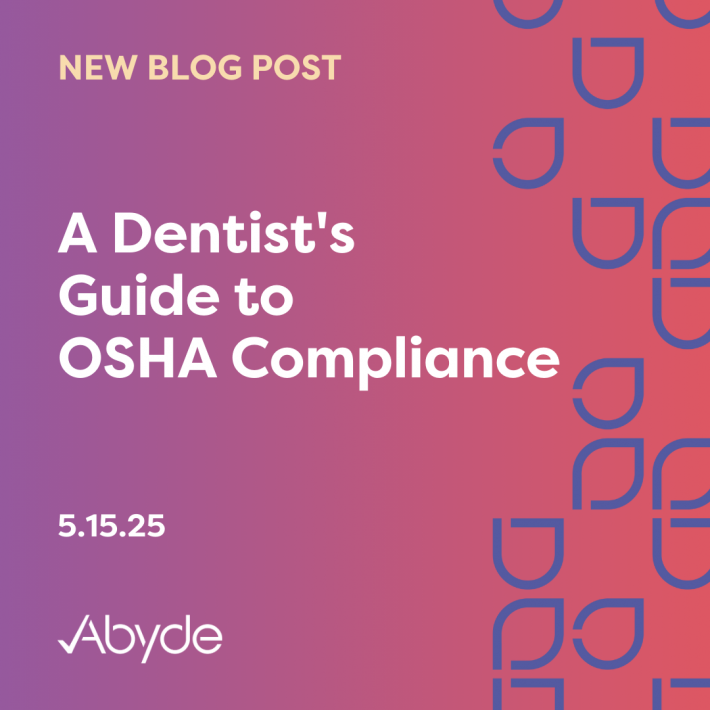July 15, 2025 Running your dental practice comes with its unique set of challenges. You’re wearing multiple hats, and it’s a stressful fashion statement. While OSHA is always on your radar, just from the nature of dentistry, forgetting about HIPAA can be costly. While you think your practice would never be in the hot seat, small dental practices, you’d be mistaken. See how to avoid these common pitfalls in your dental practice, allowing you to continue running it effectively. Time is of the Essence: Right of Access Under the HIPAA Privacy Rule, HIPAA not only defines how Protected Health Information (PHI) needs to be secured but also how it needs to be shared with authorized parties. Right of Access is a part of this rule. This rule requires healthcare providers to deliver requested patient records within 30 days of the patient’s request. Gums Dental Care, a small Maryland dental practice, was fined for violating this HIPAA requirement. The patient initially requested their records in April 2019. The practice did not provide records until May 2022. The patient alerted the Office for Civil Rights, which started a long, overwhelming journey for Gums Dental. The OCR intervened countless times, requiring the practice to provide the patient with their records. The dental practice continued to refuse to provide the patient with records, leading to more legal battles, money, and time wasted. The grand finale? Over three years from the date of the first request, and countless interventions from the OCR, the practice was fined $70,000. Less is More As the saying goes, “If you can’t say anything nice, don’t say anything at all.” This rule applies to all forms of communication and also works to avoid HIPAA violations. While social media brings people together, you must tread a fine line when handling PHI and posting online. One part of this is responding to patient reviews. You cannot confirm or deny that a patient attended your practice, even if the patient is talking positively about their experience there. If you’d like to use someone’s story for marketing materials, like a before-and-after photo of their smile, ensure they sign a consent form. If someone leaves a negative review, you cannot defend your practice by sharing information about the patient. For example, if a patient consistently posts bad reviews but fails to mention that they are always late, you should not call them out publicly online. Instead, address the issue privately and communicate with them securely. Dentists have been fined for social media violations. Dr. U. Phillip Igbinadolor, a dentist in North Carolina, lost his temper after a patient left a negative review on the practice’s Google page. After the dentist posted PHI in response, ridiculing the patient, the patient reported him to the OCR. As a result, the OCR fined the practice $50,000, showing that the price of failing to simply “keep your words to yourself” can be extraordinarily steep. Coming Clean is Key With cybercrimes in healthcare skyrocketing and large data breaches due to ransomware attacks increasing by 264%, having the proper safeguards in place is crucial. While no practice can be completely immune from a breach, the right barriers in place can mitigate risk and minimize impact. However, if your practice is breached, you must notify the OCR and patients quickly. Under the HIPAA Breach Notification Rule, patients must always be notified within 60 days, regardless of the size of the breach. If the breach affects fewer than 500, your practice must inform the OCR within 60 days after the calendar year in which the event occurred. If a breach affects more than 500, the OCR, and depending on the state, the Attorney General, must be notified within 60 days as well. The Indiana Attorney General recently fined Westend Dental, a multi-location dental practice in Indiana, for its response to a ransomware attack. While the breach occurred in October 2020, the practice did not alert the required parties until October 2022, two years after the initial attack. The Attorney General began investigating this attack after a patient complaint, and it was then discovered that the practice attempted to cover up a ransomware attack. The investigation discovered that, in addition to violating the HIPAA Breach Notification Rule, Westend Dental had improper training, unprotected servers, no Security Risk Analysis (SRA), missing policies, and more. The outcome? A $350,000 fine from the Attorney General, highlighting the importance of proactive compliance and properly notifying affected parties after a healthcare breach. How to Protect Your Dental Practice While compliance for your dental practice might feel overwhelming, the right solutions can streamline your compliance program. Smart software solutions can pinpoint vulnerabilities and provide actionable insights to avoid common pitfalls dental practices face. The right compliance software can also provide a comprehensive hub for everything HIPAA-related for your practice, including right of Access training, social media guidelines, and the SRA. Meet with a compliance expert today to learn more about streamlining compliance for your dental practice.





